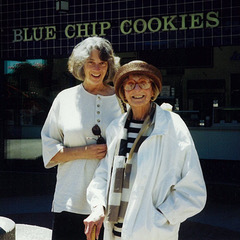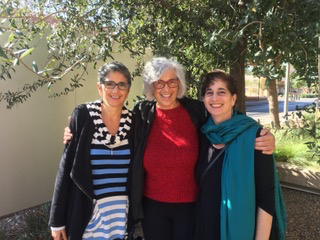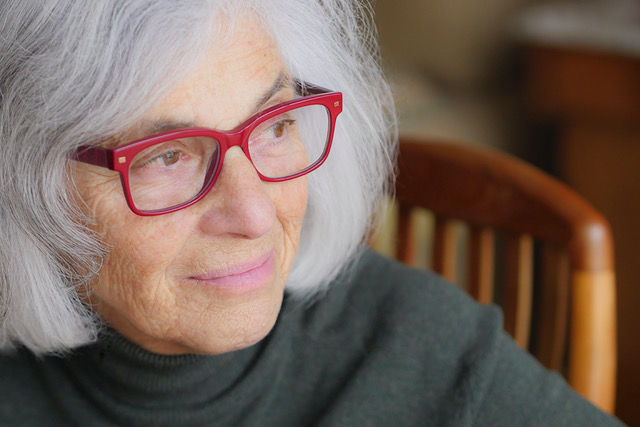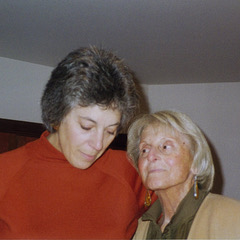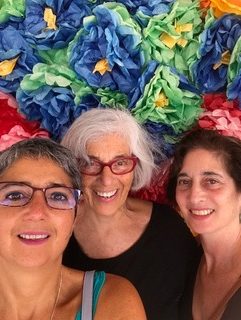Preparing a will: a way to model conscious aging for our middle aged daughters.
As aging women, the decisions we need to make about the closing down of our lives are both specific and yet filled with bewildering ambiguity. What are we leaving behind? Who inherits the artifacts that represent our lives? How and why have they been chosen?
When my father died, he left the money that had been accumulated to my mother. That was common then, and undoubtedly still is. But he didn’t leave me anything. I was a grown woman, in my forties, but I wanted something. His Masonic ring. His wristwatch. The ice skates he wore when we used to go to the rink on Sunday afternoons. I know I could have asked my mother for those objects and she would have happily given them to me. But I wanted him to be thinking about me as he made his final decisions. I wanted him to honor the unique ‘us-ness’ of our relationship. It’s not just a home and money that is left when a parent dies. It’s an acknowledgment of the memories, the history, the sense of continuity that death unearths and requires.

